

A pinched nerve in your lower back occurs when there is excessive pressure on the nerves near the last five vertebrae in your back. This causes pain, tingling, numbness, or weakness in the affected body part. Pinched nerve lower back can be painful and may gradually impact your overall quality of life.
Therefore, if you are experiencing ongoing pain in your lower back despite rest, it is important to see a doctor for a proper diagnosis.
Learn more about the possible symptoms and causes of a pinched nerve in your lower back and what treatment measures your doctor may recommend for both short-term and long-term relief.
A pinched nerve occurs when a nerve is compressed in the spine at the cervical, thoracic, or lumbar level. There are several symptoms you may experience with a pinched nerve in your lower back, including sharp pain and numbness. The pains may come and go, creating stabbing sensations.
Additionally, you may also experience:
Sciatica describes symptoms that relate to issues with the sciatic nerve that extends between your lower back and feet. When the sciatic nerve is either injured or compressed, you may experience sciatica.
Sciatica causes sharp pain, numbness, tingling, and weakness that may occur in the following areas:
Symptoms of sciatica tend to worsen when you make sudden movements, such as sneezing. The pain may also be significant enough to interfere with everyday movements, such as walking. Additionally, you may experience tingling sensations between your lower back and ankles that feel like “pins and needles.”
As a rule of thumb, if you have pain in the lower back only, you likely don’t have sciatica.
A pinched nerve in your lower back may seemingly appear out of nowhere, or it could be the result of a traumatic injury, such as a fall.
You are more likely to experience symptoms if you are between ages 30 and 50. This is because your vertebrae compress with age, and the discs in your vertebrae degenerate over time.
Another common cause of a pinched nerve lower back is a herniated disc. You may experience this condition because of aging, a defect in your vertebrae, or wear-and-tear. Men ages 20 to 50 are at a higher risk of developing a herniated disc.
Other possible causes of a pinched nerve in the lower back include:
Aside from normal wear-and-tear with age, other risk factors could contribute to a pinched nerve in the lower back, such as:
Your doctor will first ask you about your symptoms. It is important to provide as many details as you can, such as how long you’ve been experiencing pain and discomfort, how it is affecting your quality of life, and whether you have recently experienced any recent injuries.
Next, your doctor will look for physical signs of trauma or other issues in your lower back by checking for possible:
Your doctor may not be able to diagnose the pinched nerve from a physical examination alone. Additionally, they may want to know more about the cause of the pinched nerve lower back.
They may order the following tests to get more information:
These imaging tests are typically ordered in the case of long-term symptoms only. For example, doctors may not order imaging tests for sciatica unless symptoms last for 12 weeks or more.
Once your doctor diagnoses the pinched nerve in your lower back, you can begin to consider treatment. Options may include a combination of:
Sometimes a doctor will need to treat the pinched nerve with more invasive measures, such as spinal injections or surgery.
Your doctor will likely recommend noninvasive, baseline treatments for your pinched nerve first. In most cases, nonsurgical measures will relieve your symptoms.
Remember that it can take several weeks for treatment to take effect before your doctor may consider more invasive treatment options.
If your doctor gives you the go-ahead, you may try OTC nonsteroidal anti-inflammatory drugs (NSAIDs) to treat the pinched nerve first. These types of medications can lessen inflammation and reduce pain.
Your doctor may also prescribe oral steroids to treat the condition if NSAIDs and other treatments are ineffective.
You may work with a physical therapist to target the symptoms caused by your pinched nerve lower back. Your physical therapist will provide you with instructions for stretches and exercises that will stabilize your spine.
Your doctor may recommend that you make lifestyle modifications to help with the symptoms of a pinched nerve in your lower back. Some of these treatments may help in your management plan.
When the baseline treatments for a pinched nerve don’t offer relief, your doctor may recommend more aggressive strategies for treatment.
Your doctor may recommend an injectable steroid if your symptoms persist. You can treat severe pain by receiving an epidural injection of steroids in your doctor’s office or under fluoroscopy in an X-ray department. This can relieve swelling and other symptoms in the affected area.
The last resort for treating a pinched nerve lower back is to undergo surgery. There are many surgical methods, and your doctor will recommend a procedure that will target the cause of the condition.
For example, a herniated disc in your lower back may be treated with a microdiscectomy. This procedure involves a small incision in your back.
Keep in mind that surgeries come with risks and sometimes long recovery periods, so you will want to try less invasive methods before finally opting for surgery.
Always discuss any stretches and exercises you may be considering with your doctor before you try them. You want to make sure you don’t worsen your symptoms or do anything that causes more pain.
Use a yoga mat, carpet, or towel to lie on when engaging in these stretches. You should do two to three repetitions of these stretches each time, and make sure to take deep breaths while stretching.
This exercise also begins in the same position with head support and knees pointed to the ceiling.
Any chronic (ongoing) lower back pain ought to be diagnosed by a doctor, especially if your symptoms interfere with your daily activities. By properly identifying a pinched nerve and the possible underlying cause, your doctor can then direct you to treatments that can help.
If you are currently undergoing treatment for a pinched nerve in your lower back, it is also important to see your doctor if symptoms worsen or don’t improve within 4 to 6 weeks.
There are many possible treatments for a pinched nerve in the lower back. You will want to try baseline treatments at home before pursuing more invasive methods of treatment.
Using NSAIDs, stretching and staying active, and resting your back may be the first line of treatment for your condition.
Make an appointment with a doctor if your pain is persistent or severe. Feel free to visit or contact Advanced Health Solutions – GA Spine & Disc for proper pinched nerve lower back diagnosis and treatment.
Call us now at (770) 212-3991 or contact us online to book an appointment.


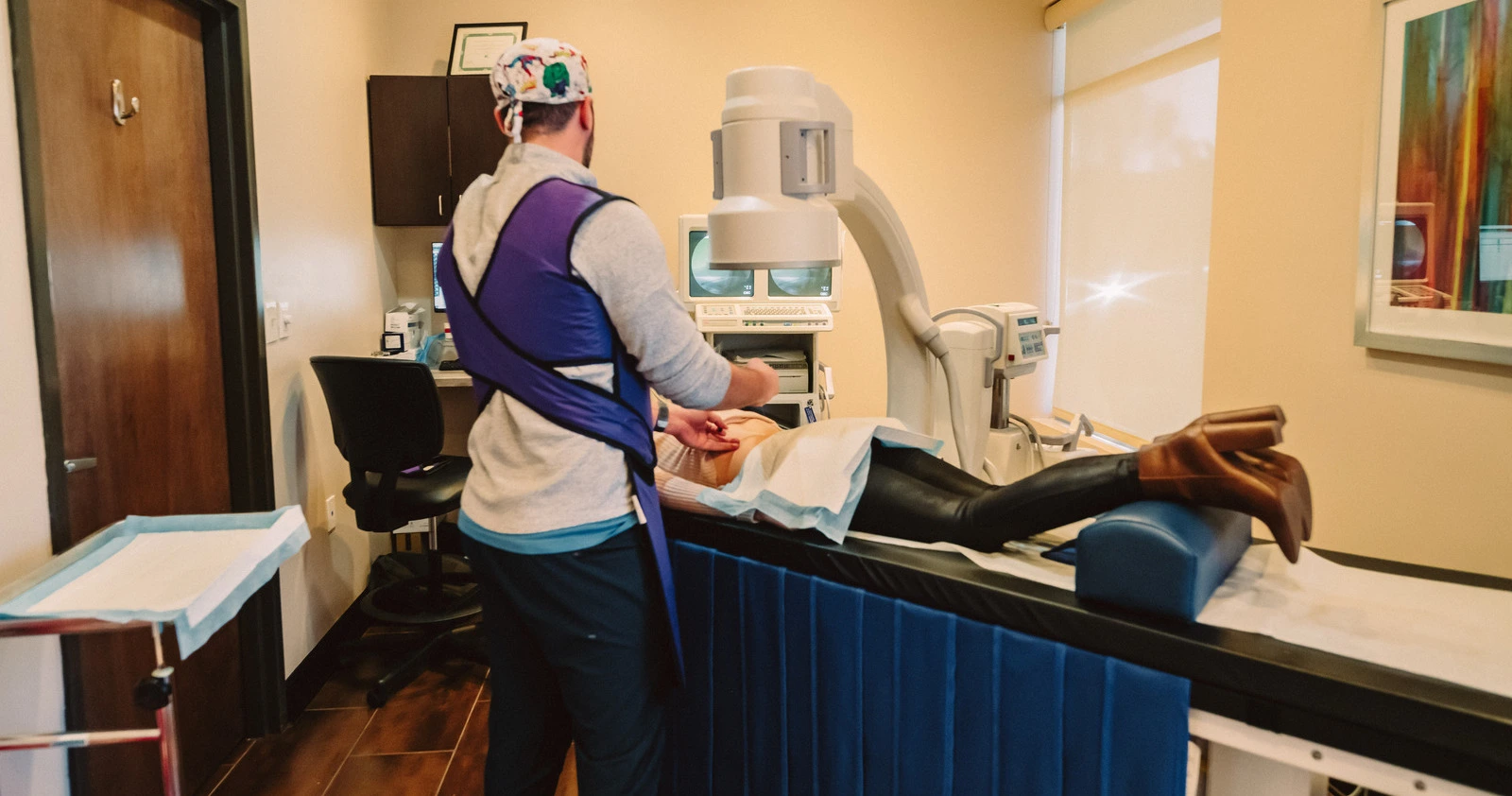
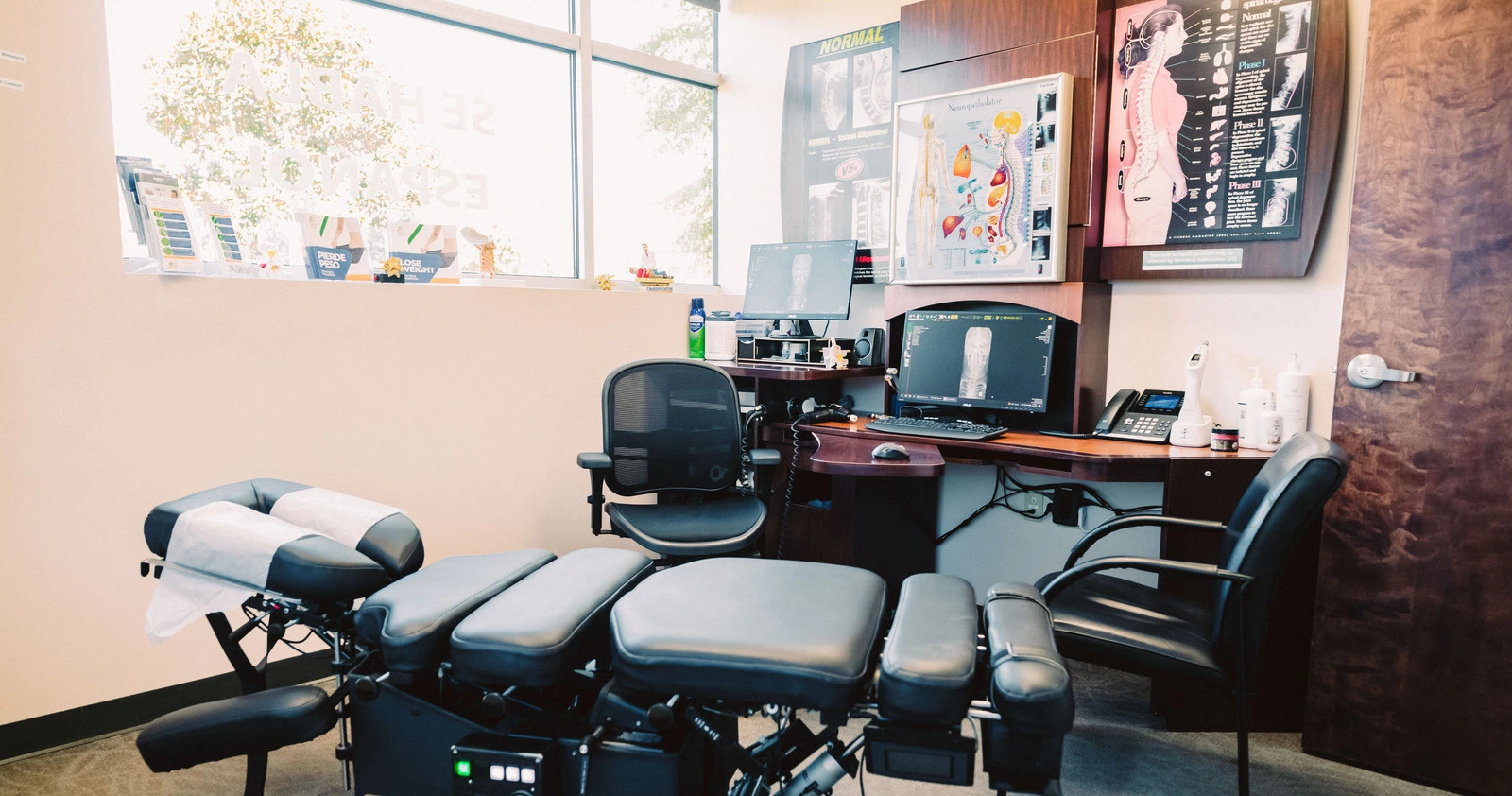

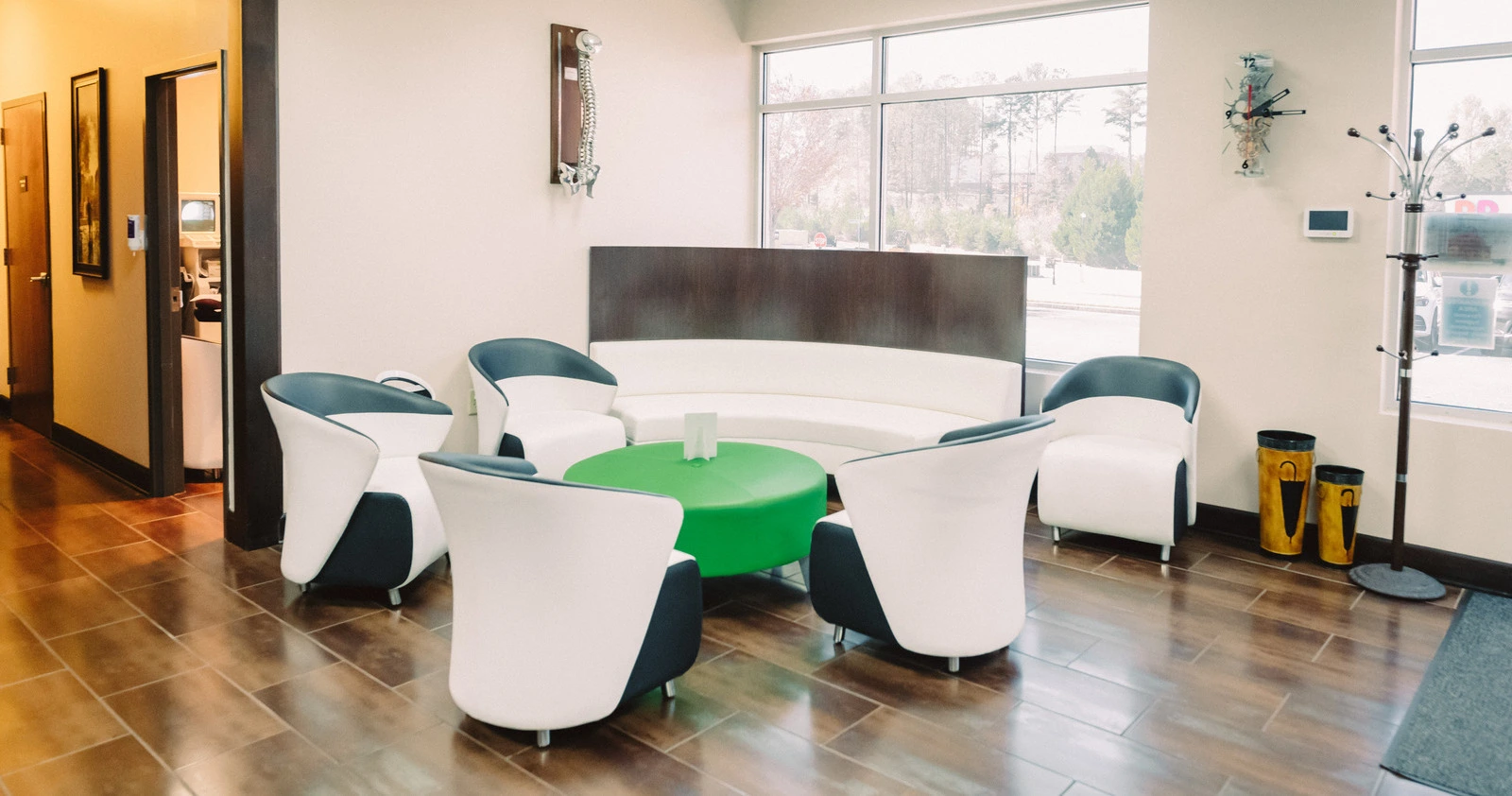

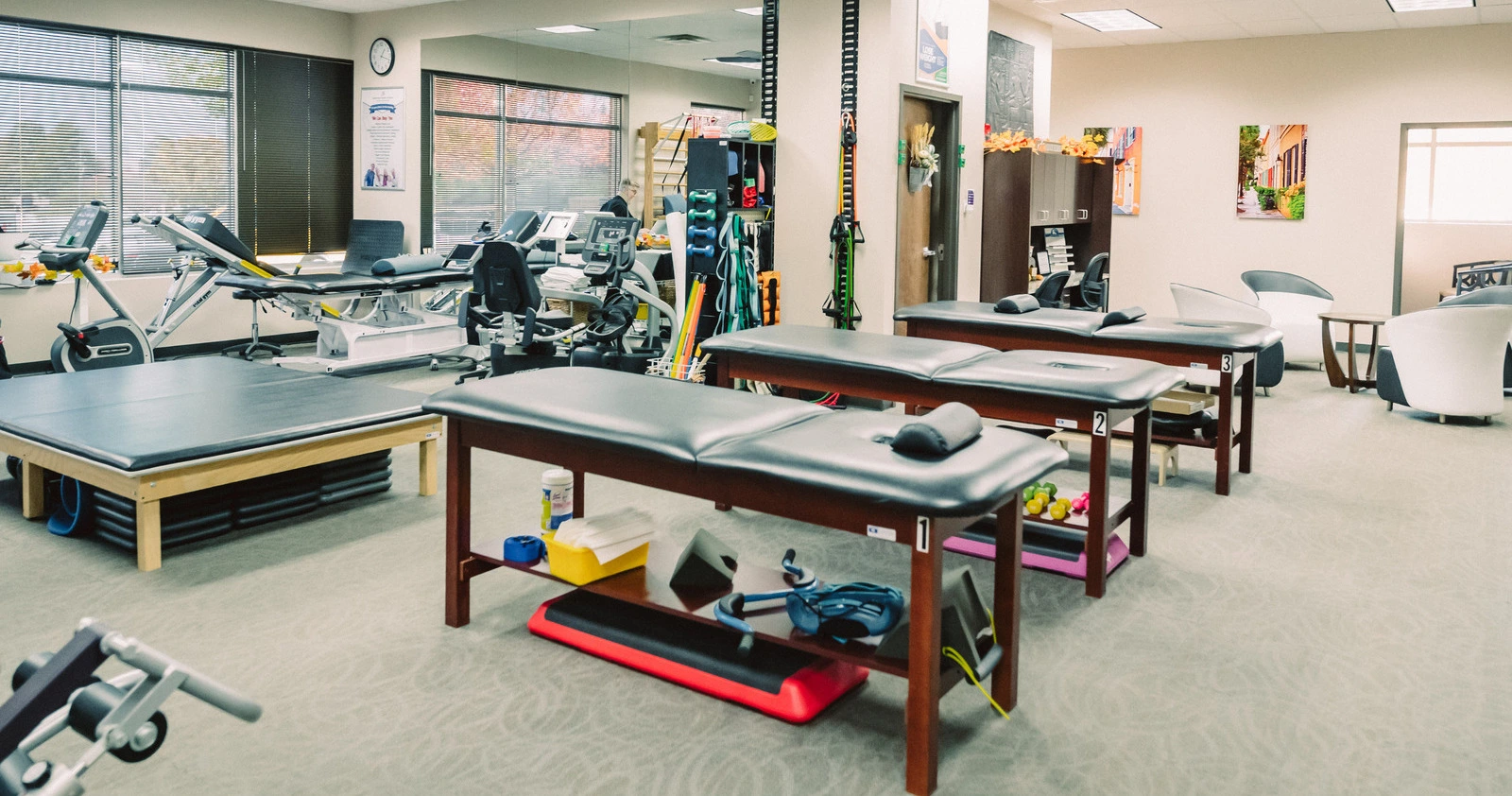
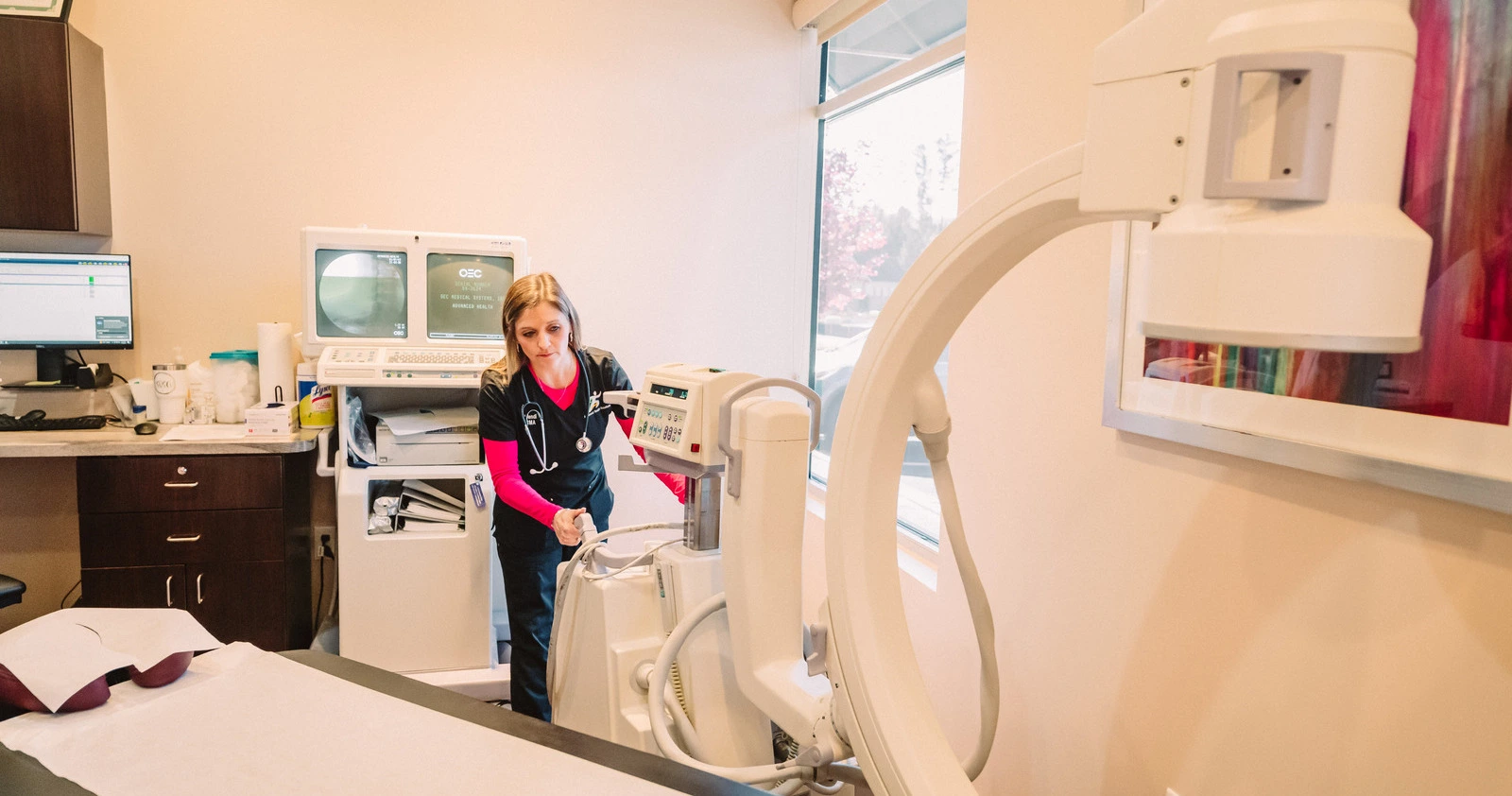

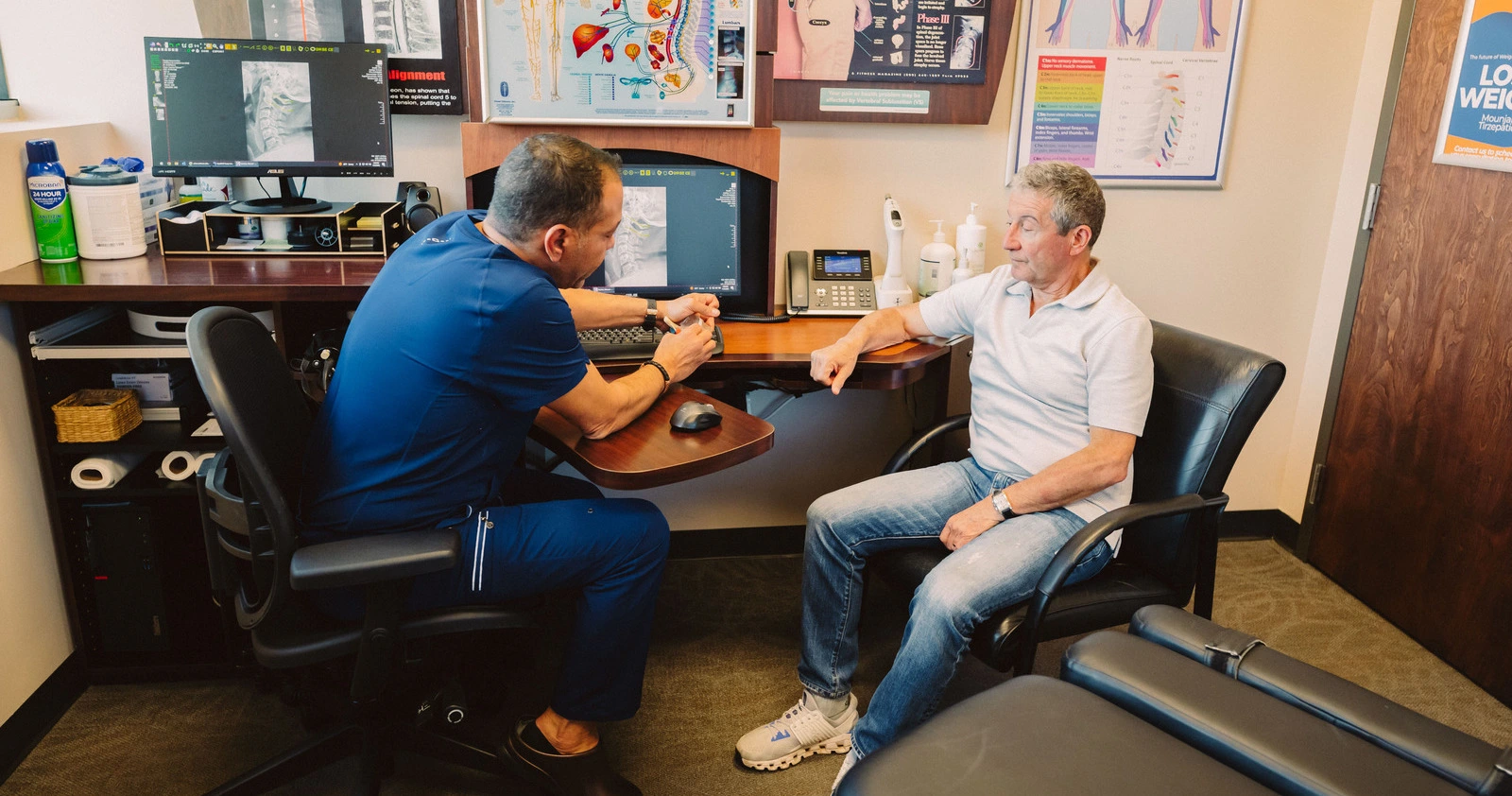
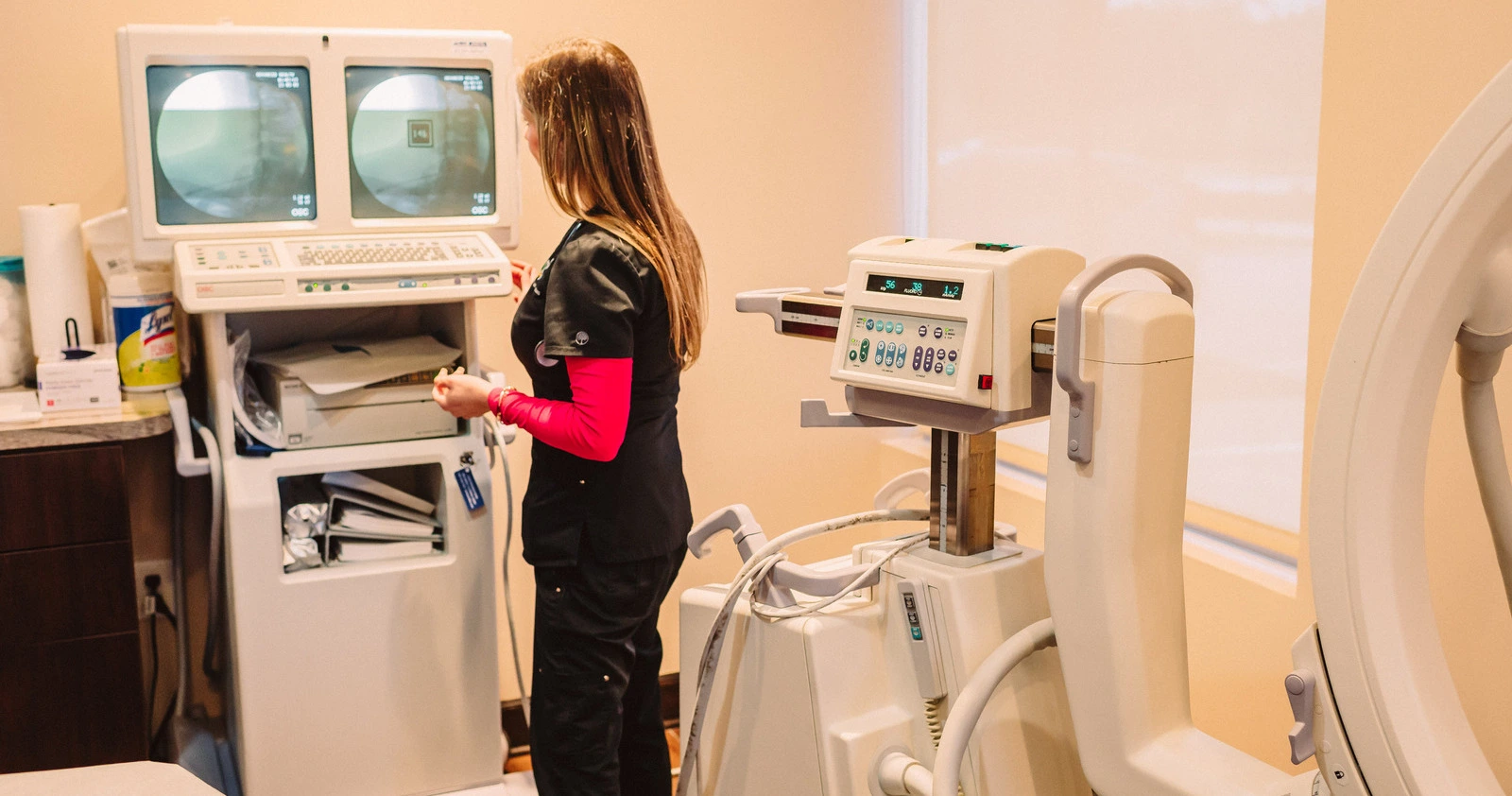
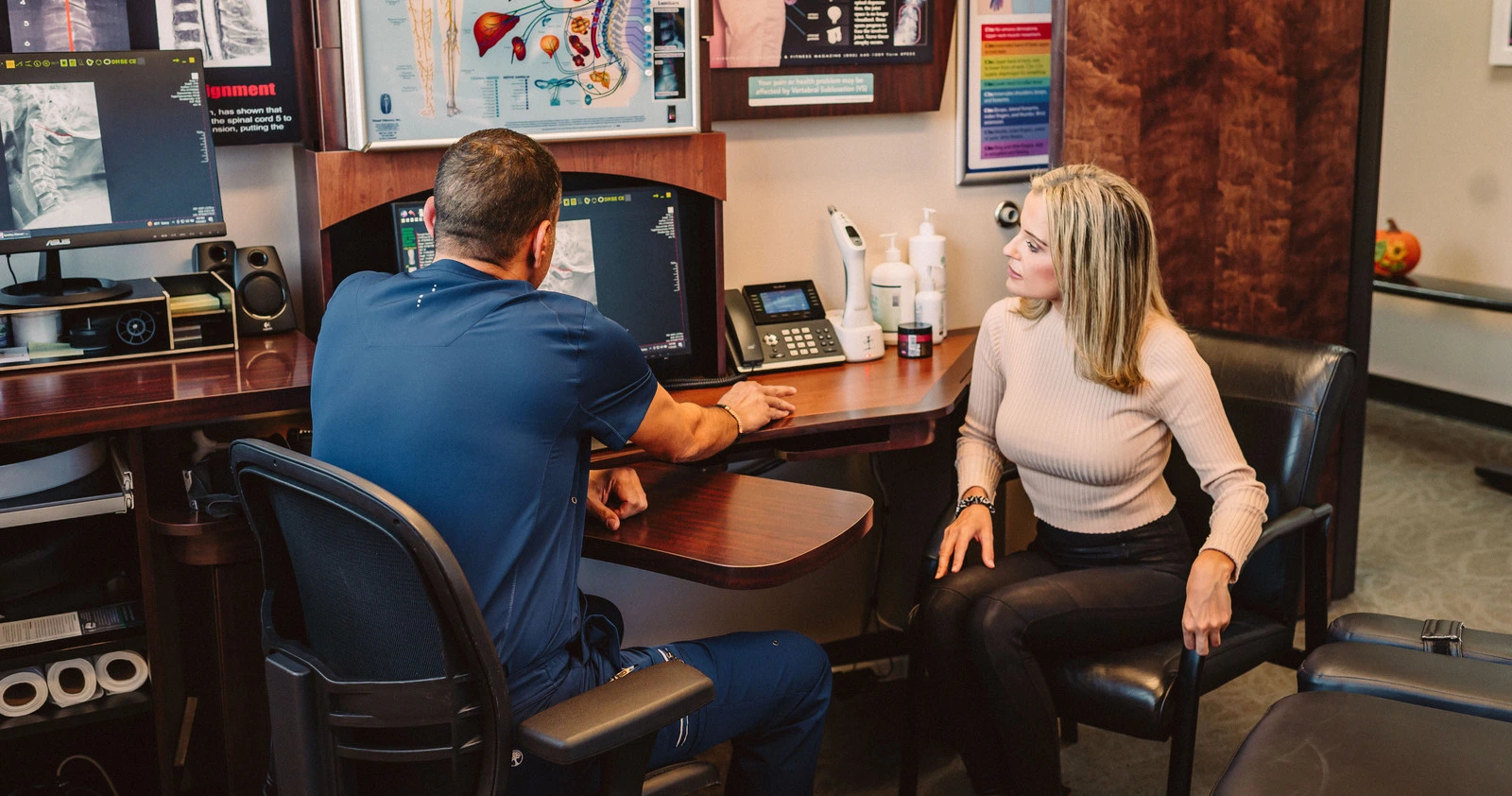
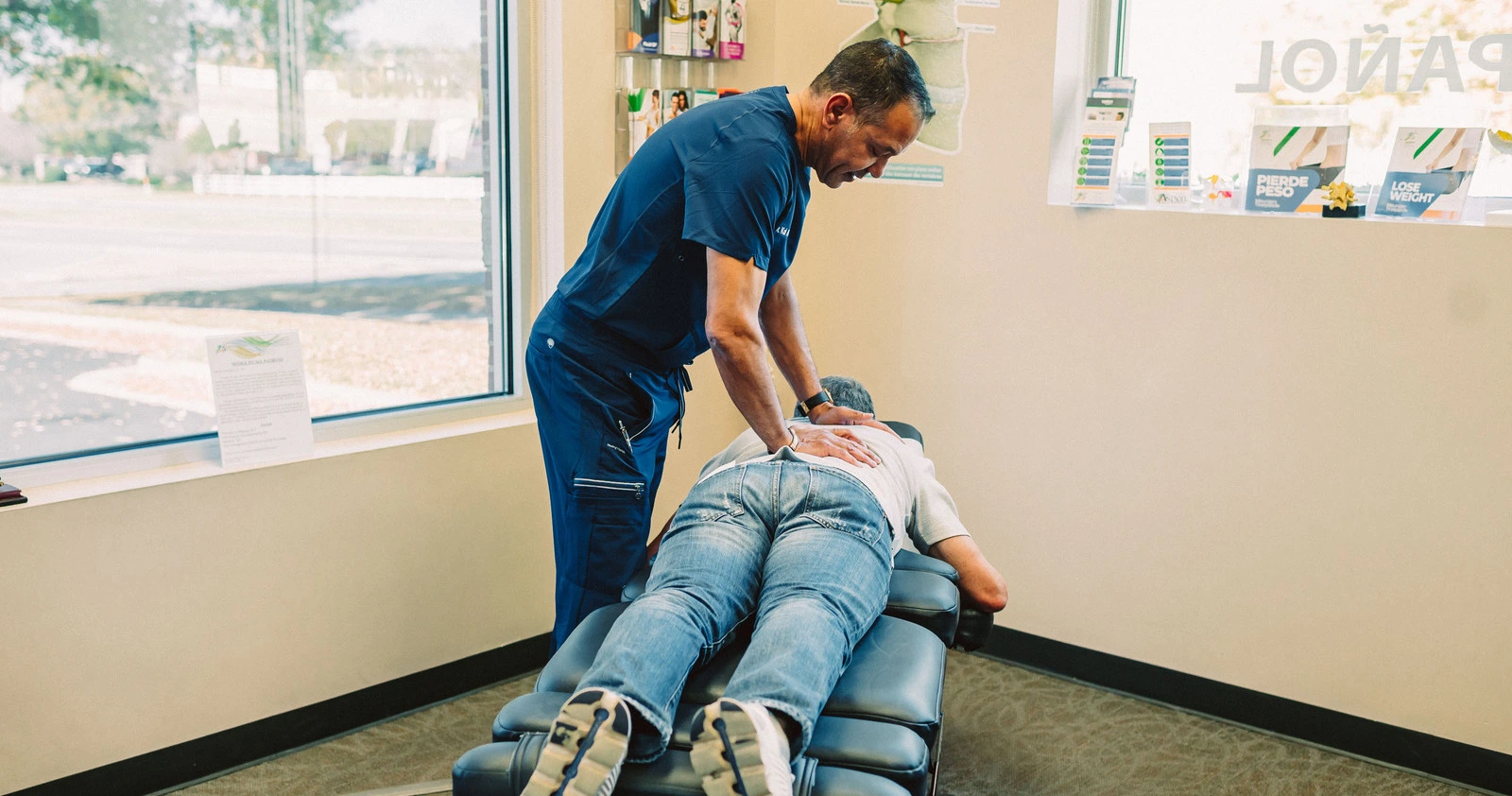
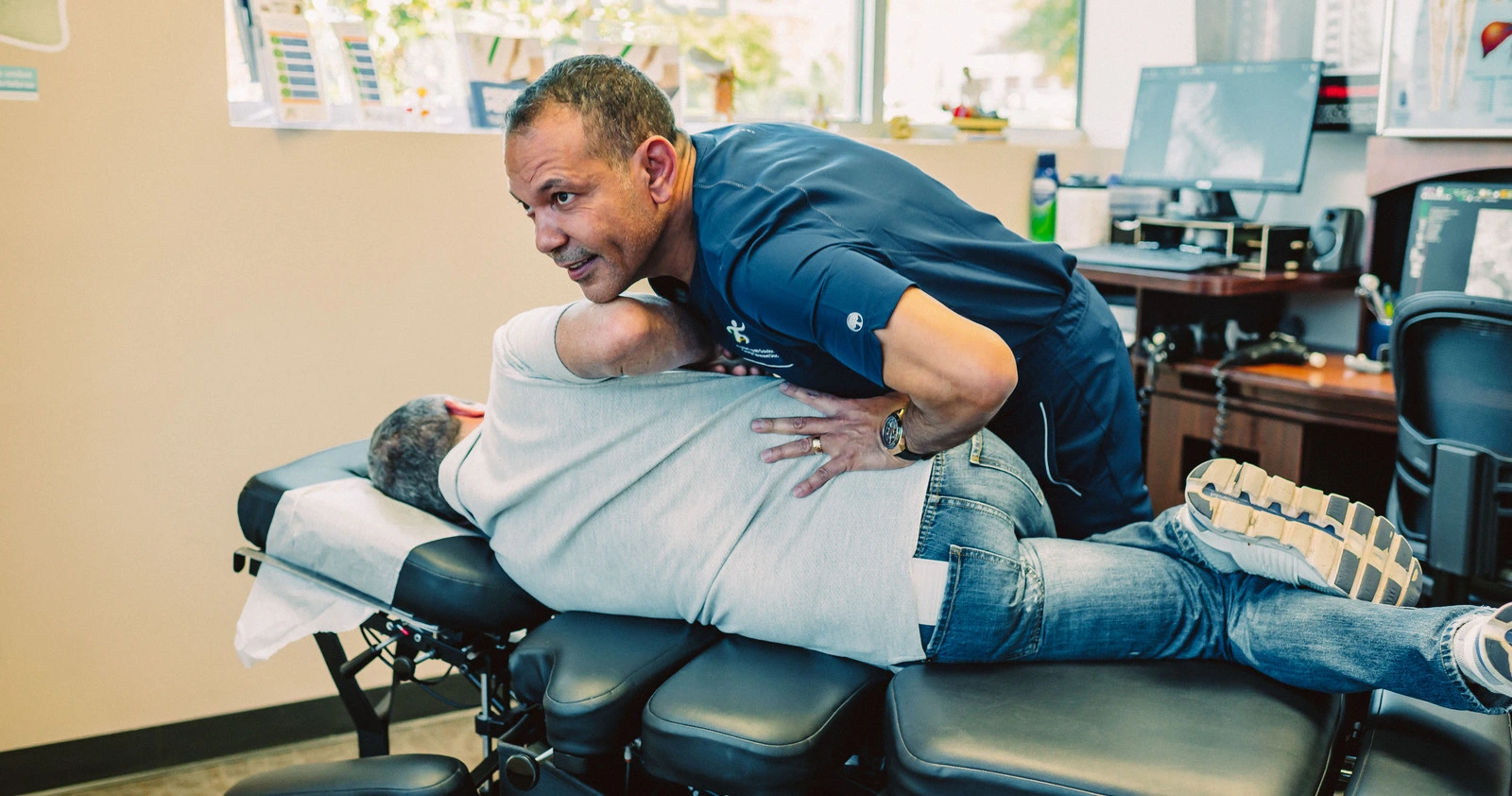
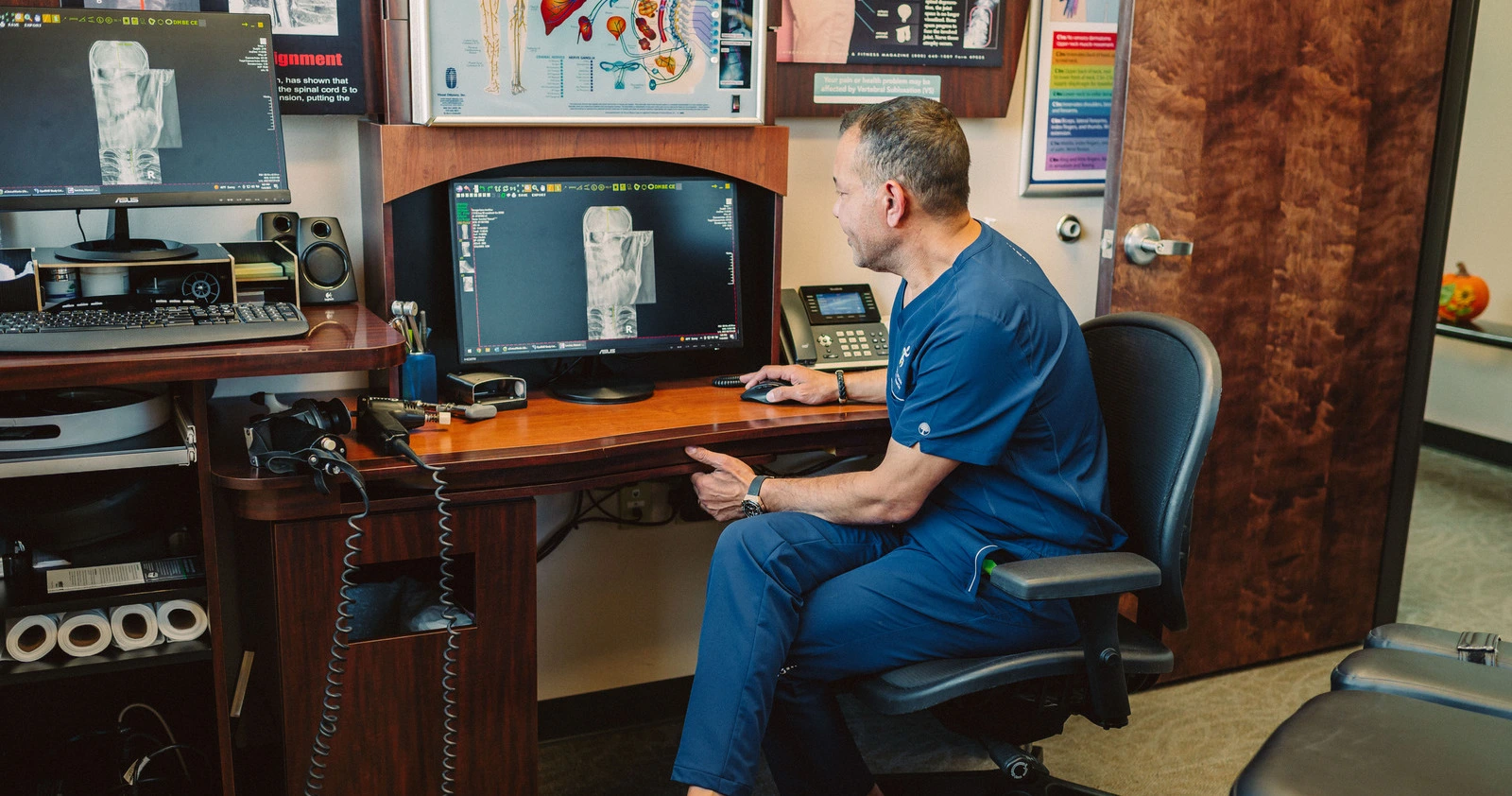
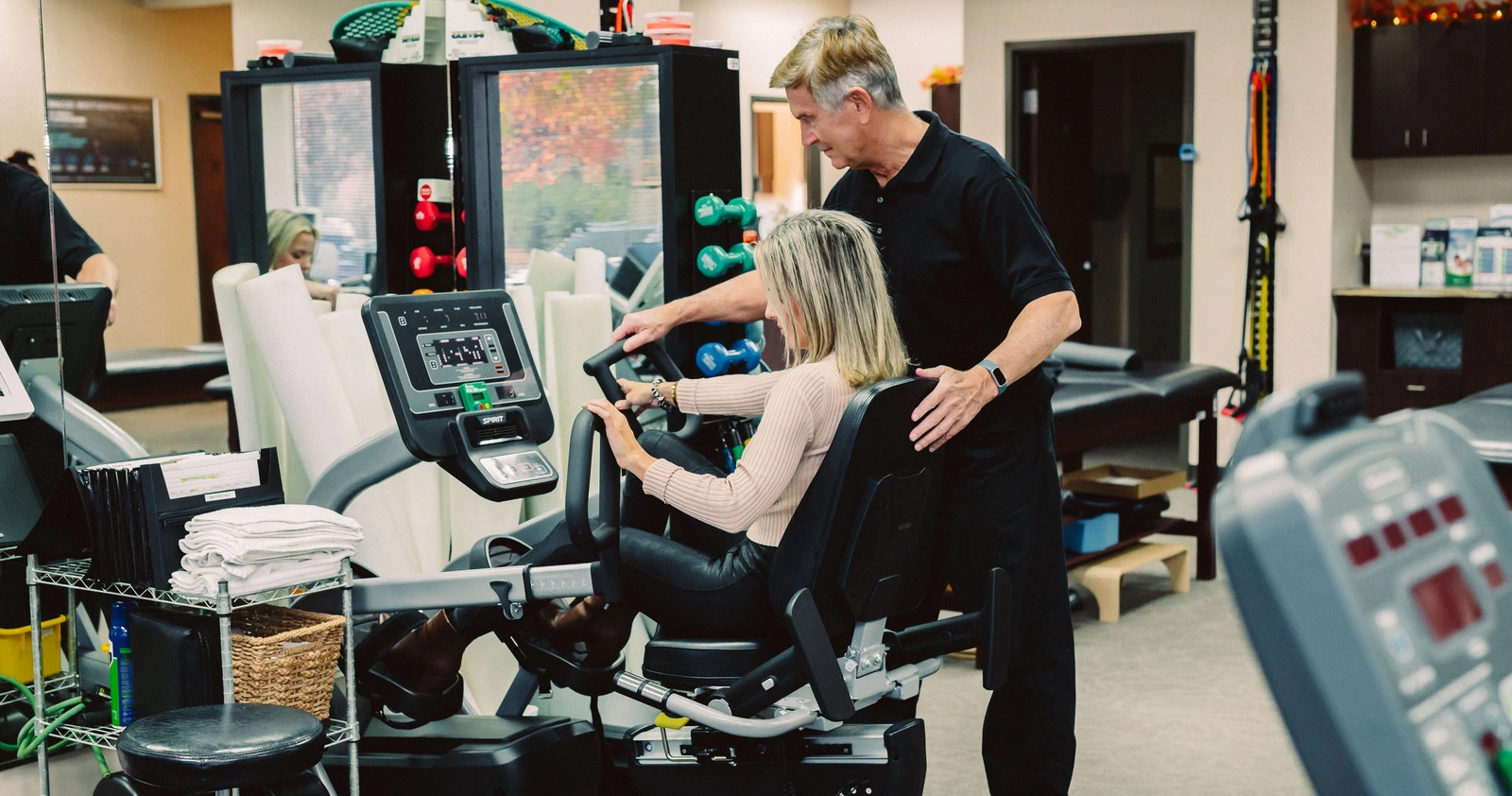
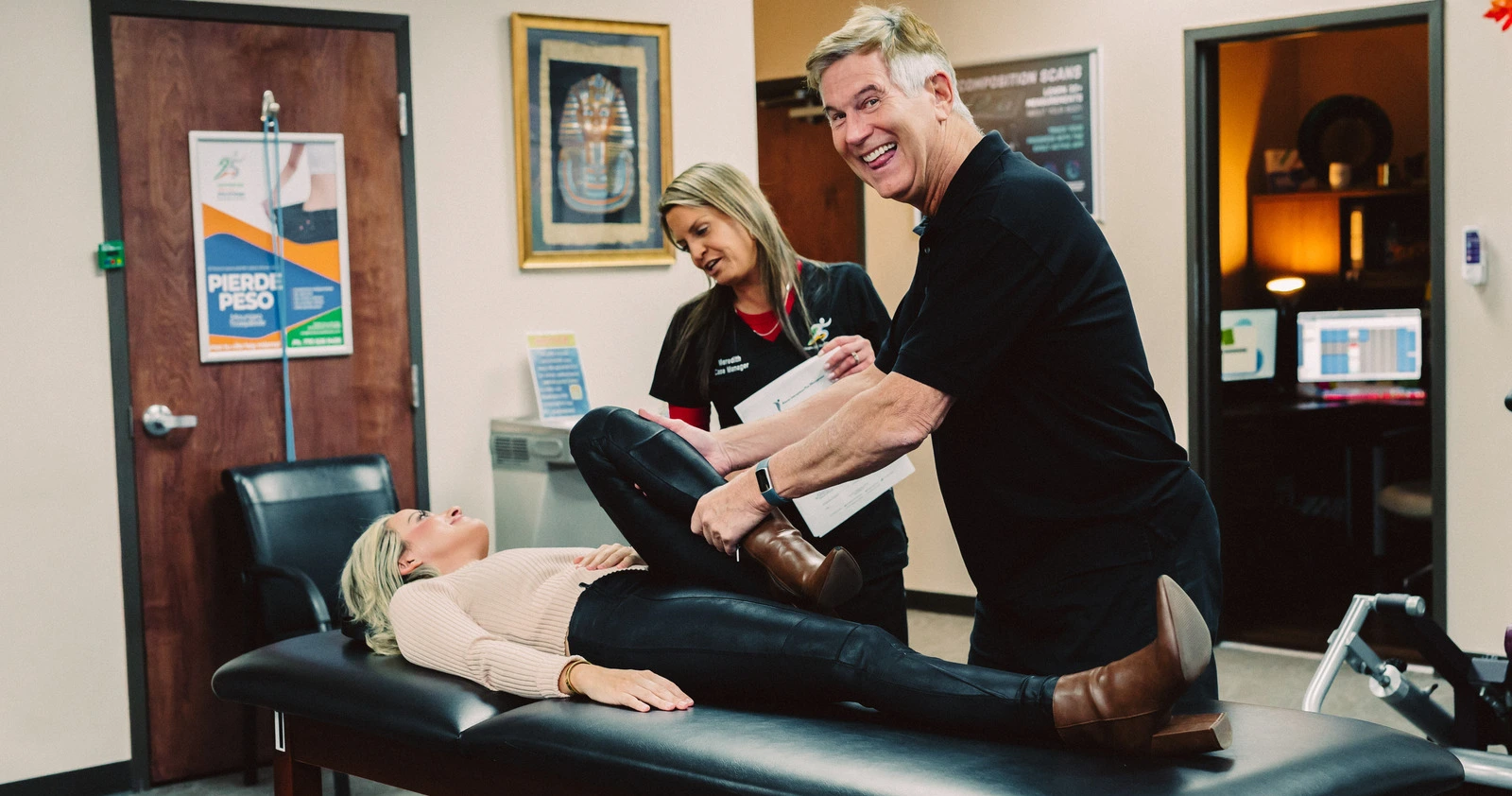
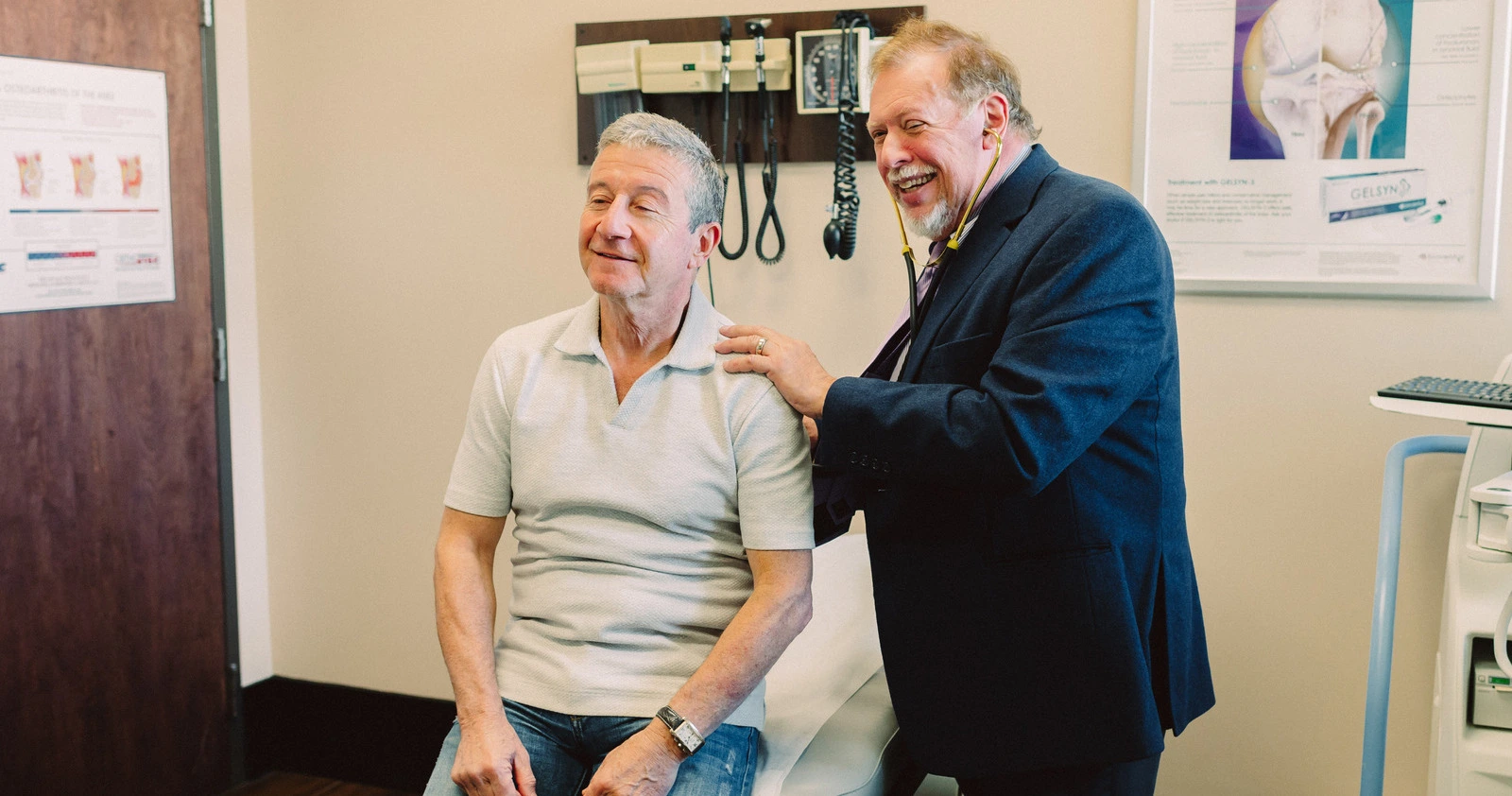


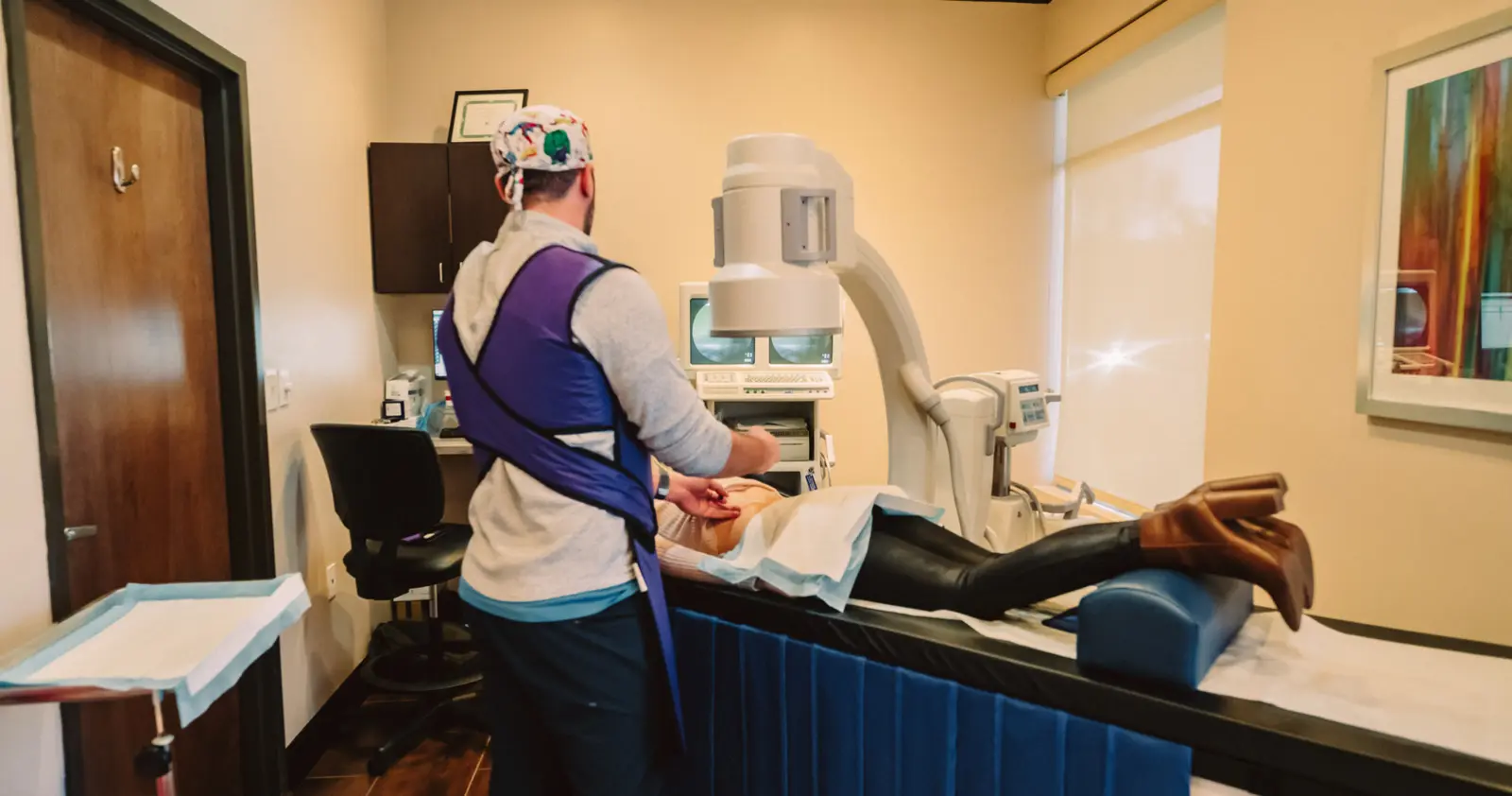

Our medical clinic offers a wide range of services, including primary care, specialty care, preventive care, diagnostic testing, chiropractic, physical therapy, and more. We strive to provide comprehensive and personalized healthcare to our patients.
Our medical professionals are highly trained and experienced in their respective fields. We have a team of doctors, nurses, specialists, and support staff who are dedicated to providing quality care and ensuring the well-being of our patients.
Our clinic(s) are conveniently located in a central area, with easy access to public transportation and ample parking facilities. We understand the importance of accessibility and strive to make it convenient for our patients to reach us. See all locations
We take pride in our high patient satisfaction rates and positive outcomes. We regularly collect feedback from our patients to continuously improve our services and ensure we meet their expectations. Read Our Reviews
We strive to work with a wide range of insurance providers to ensure that our services are accessible to as many patients as possible. We also offer flexible payment options and financial assistance programs to make healthcare affordable for our patients.
The purpose of this visit is to assess your symptoms, diagnose any potential conditions, and provide appropriate treatment or recommendations. Your healthcare provider will outline the recommended treatment plan, which may include medications, lifestyle changes, therapies, or referrals to specialists, depending on your condition.
In addition to our core medical services, we may offer additional benefits such as extended hours, online appointment scheduling, electronic medical records, and patient education resources.


We are a Multidisciplinary Clinic with over 75 years of Combined Experience